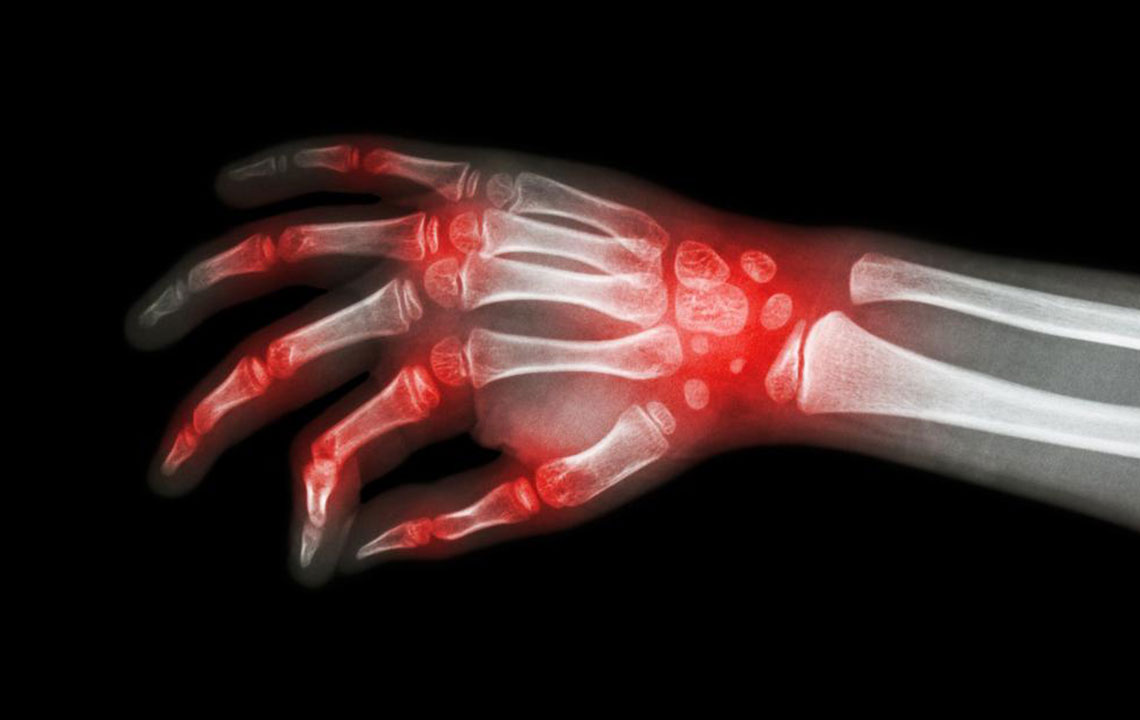7 common symptoms of lupus
Lupus is an autoimmune condition that causes the body’s immune system to be hyperactive and attack healthy tissue. This complex condition has rightly earned the moniker “a disease with a thousand faces”. Research shows that at least 1.5 million individuals in the country suffer from lupus.
Symptoms of lupus
This condition can affect many organs and its symptoms differ from person to person. But to understand it better, experts have been able to pinpoint the most common symptoms that occur during lupus flares.

Here are a few of them:
- Fever
Individuals who suffer from lupus often experience fever higher than 100 degrees fahrenheit. This is typically a result of inflammation or infection in the body. Most individuals can tackle this symptom with the help of medication. - Hair Loss
Hair loss that leads to patchy or bald spots is also typical of lupus. At times, this could also be a result of infections or certain medications. - Rashes
A common sign of lupus is a butterfly-shaped rash that appears across the face. Rashes can also appear on areas exposed to the sun, such as the arms, hands, and feet. - Mouth sores
Mouth sores or ulcers are also common symptoms of lupus. They may appear on the roof of the mouth, gums, inside the cheeks, and even on the lips. They may or may not be painful. - Kidney troubles
Almost 50 percent of those who suffer from lupus also have a kidney condition known as lupus nephritis, which is the inflammation of the kidney. Common signs of this condition include swelling in the ankles, poor kidney function, and even weight gain. - Memory loss
Studies have shown that those who suffer from lupus also experience loss of memory, forgetfulness, and confusion. These are collectively known as lupus fog. - Anemia and fatigue
Most individuals who suffer from lupus also feel extremely fatigued. This exhaustion could be a sign of anemia. Anemia is a condition caused by a reduced red blood cell count in the body.
It is important to understand that lupus manifests itself differently in different individuals. The symptoms can also differ based on age and gender.
Disclaimer:
The content provided on our blog site traverses numerous categories, offering readers valuable and practical information. Readers can use the editorial team’s research and data to gain more insights into their topics of interest. However, they are requested not to treat the articles as conclusive. The website team cannot be held responsible for differences in data or inaccuracies found across other platforms. Please also note that the site might also miss out on various schemes and offers available that the readers may find more beneficial than the ones we cover.




